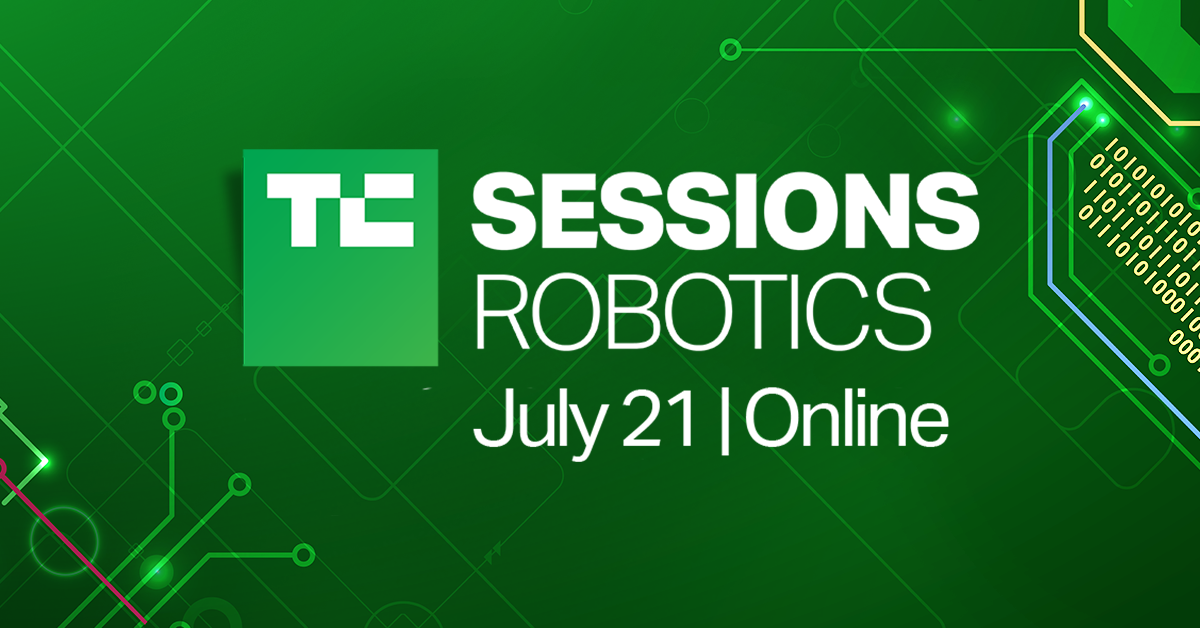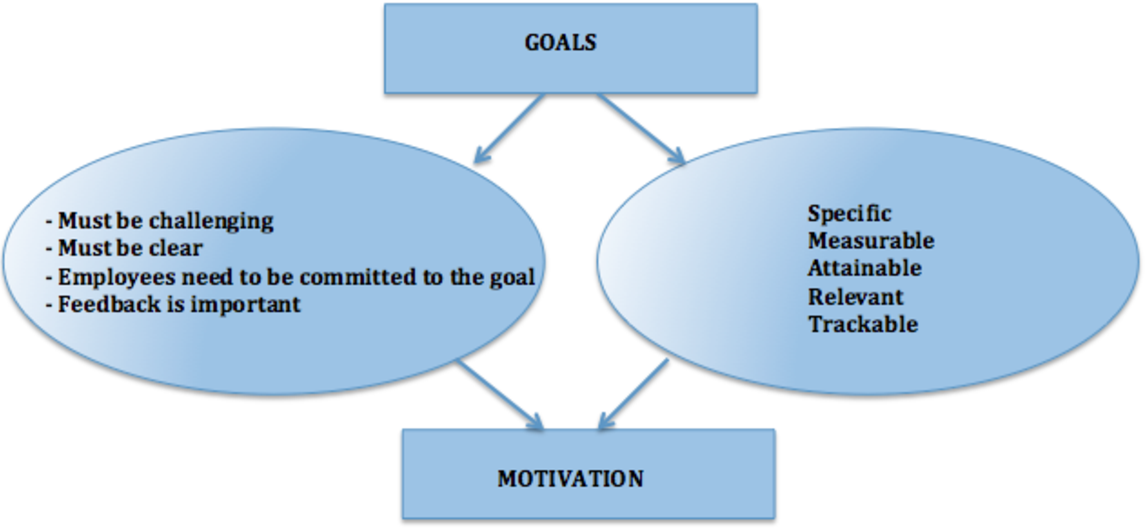Daniel Diemers is a partner at PwC Strategy& Switzerland, where he advises banks and regulators in Europe and the Middle East on digitalization, fintech, and blockchain. He is also a co-founder and board member of the Swiss Finance + Technology Association (Swiss Fintech).
In a recent interview with Cointelegraph Diemers discussed the importance of education in the adoption of new technologies, particularly blockchain. He said that while blockchain has the potential to revolutionize many industries, it is still a relatively new technology and many people are still not familiar with it.
“Education is key to the adoption of any new technology,” Diemers said. “Blockchain is no exception. We need to educate people about what blockchain is, how it works, and the potential benefits it can offer. Once people understand blockchain, they will be more likely to adopt it.”
Diemers said that there are a number of ways to educate people about blockchain. He suggested that schools and universities should offer courses on blockchain technology. He also said that businesses and organizations should provide training to their employees on blockchain.
In addition to formal education, Diemers said that it is also important to raise awareness of blockchain through informal channels, such as social media and blogs. He said that the more people who are talking about blockchain, the more people will learn about it and be interested in adopting it.
The importance of education in the adoption of new technologies
Education is important for the adoption of new technologies for a number of reasons. First, it helps people to understand what the technology is and how it works. This is important because it allows people to make informed decisions about whether or not to adopt the technology.
Second, education can help people to overcome their fears and concerns about new technologies. Many people are resistant to new technologies because they do not understand them. Education can help to reduce this fear and resistance.
Third, education can help people to learn how to use new technologies effectively. Once people understand how a technology works, they can start to learn how to use it to solve their problems and improve their lives.
The benefits of blockchain technology
Blockchain technology has the potential to revolutionize many industries. It is a distributed ledger technology that is secure, transparent, and tamper-proof. This makes it ideal for a wide range of applications, including:
- Financial services: Blockchain can be used to create new financial products and services, such as cryptocurrencies and decentralized exchanges. It can also be used to improve the efficiency and security of existing financial services.
- Supply chain management: Blockchain can be used to track the movement of goods and materials through a supply chain. This can help to improve transparency and reduce fraud.
- Healthcare: Blockchain can be used to store and share medical records securely. It can also be used to track the supply of drugs and other medical products.
- Government: Blockchain can be used to create more efficient and transparent government services. It can also be used to reduce corruption and fraud.
Challenges to the adoption of blockchain technology
Despite its many potential benefits, there are a number of challenges to the adoption of blockchain technology. One challenge is that blockchain is still a relatively new technology and many people are still not familiar with it.
Another challenge is that blockchain is a complex technology. It can be difficult for people to understand how it works and how to use it.
Finally, there are a number of regulatory challenges to the adoption of blockchain technology. Governments around the world are still working to develop regulations for blockchain and cryptocurrencies.
How to overcome the challenges to the adoption of blockchain technology
The challenges to the adoption of blockchain technology can be overcome through education and awareness. We need to educate people about what blockchain is, how it works, and the potential benefits it can offer. We also need to raise awareness of blockchain through informal channels, such as social media and blogs.
In addition to education and awareness, we also need to develop new tools and applications that make it easier for people to use blockchain technology. We also need to work with governments to develop clear and supportive regulations for blockchain.
Blockchain technology has the potential to revolutionize many industries. However, its adoption is being held back by a number of challenges, including a lack of education and awareness, the complexity of the technology, and regulatory uncertainty.
These challenges can be overcome through education, awareness, and the development of new tools and applications that make it easier for people to use blockchain technology. We also need to work with governments to develop clear and supportive regulations for blockchain.




